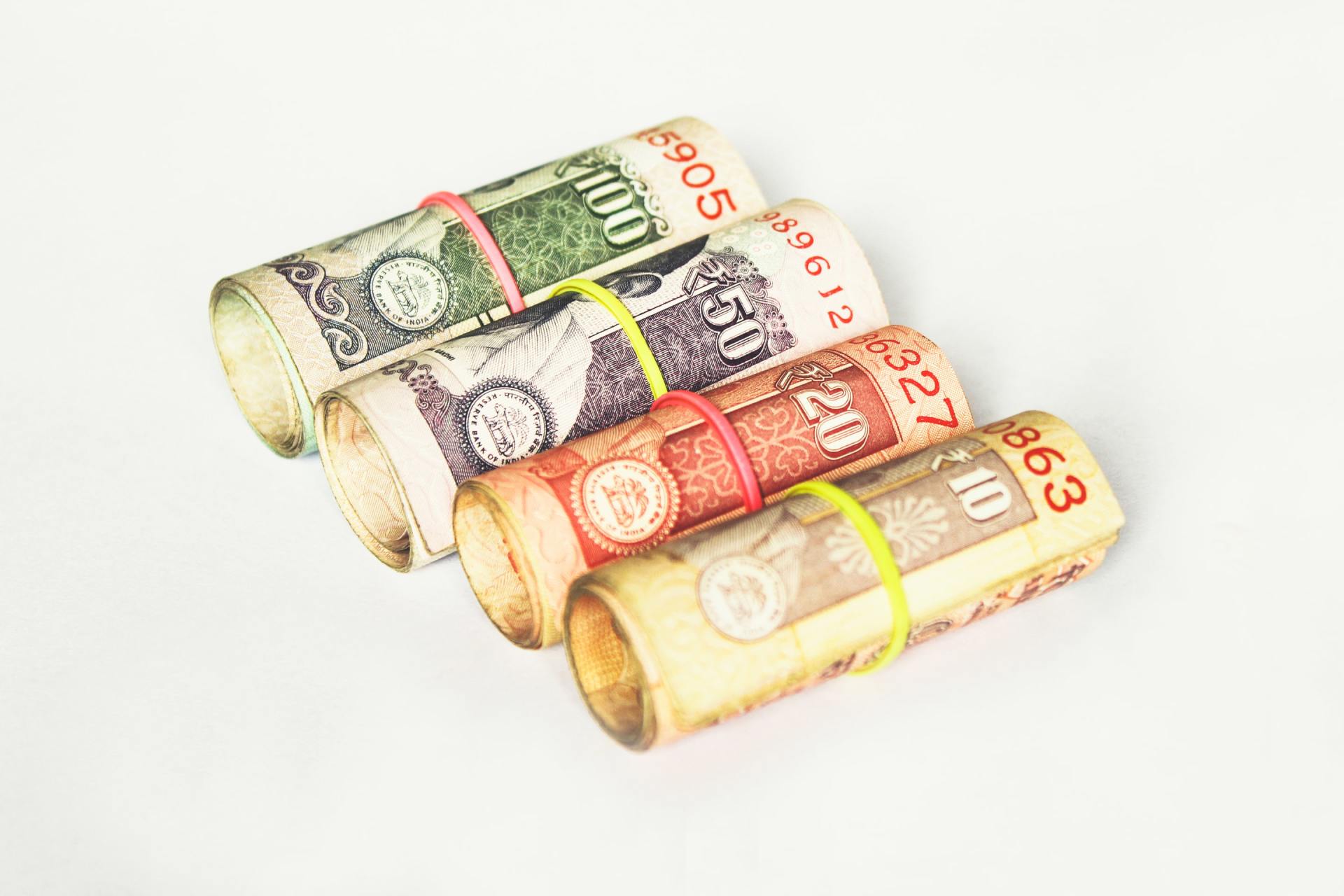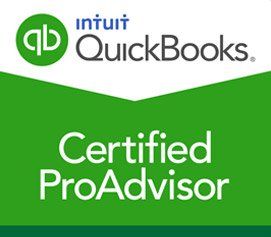How Billionaires Pay Little to NO Taxes
The average person seems to either love or hate billionaires, and it all comes down to their money. We think about how we could spend it, how we could keep it, and how we could change lives with it. But over the last few years, more and more people have been claiming that billionaires aren’t “paying their fair share” in taxes. In fact, despite their staggering wealth, a 2021 ProPublica report determined that billionaires like Jeff Bezos and Elon Musk are paying pennies in taxes… if that.
How are they doing this? We call it the Buy, Borrow, and Die Strategy. Just keep reading and we’ll outline the simplified process that billionaires are using to avoid their taxes.

1. Billionaires Know the Tax Rules
This is what gives billionaires the edge that changes everything. The tax code is a mountain of bureaucracy and red tape. This makes it extremely daunting for the average person to interact with it, but tax professionals do it for a living! So billionaires simply employ the aid of top tax professionals with decades of experience. Like Yoke Tax professionals, these accountants keep consistent knowledge of the tax code, how it’s updated, and any advantageous positions for their clients. You can start too with a free consultation.
In the end, the tax rules which are the backbone of the Buy, Borrow, and Die strategy are tied to income and wealth. While most people see these concepts as the same, the tax code does not.
- Income = Wages. It is taxed at the time of receipt.
- Wealth = Assets (stocks, crypto, real estate, etc). It is NOT taxed at the time of receipt
This simple difference is the foundation to how billionaires avoid paying the high amount of taxes they would otherwise need to.
2. The Power of Appreciated Assets
Billionaires own a lot of assets. Stocks, in the cases of Warren Buffet and corporate CEOs, are a given. However, these assets can also take the form of cryptocurrency, real estate, and others. The catch is that these assets can’t just be run of the mill. They must all appreciate in value. This means that these assets must increase in their value the longer that the billionaire owns them.
For example, buying a stock at $10 just makes it an asset. However, if the stock’s price rises over the year to $20, then it is considered an appreciating asset. If the price of the stock falls over the year to just $3, then it has depreciated in worth.
While this sounds like the most simple step, it is the most difficult. It is hard to identify great assets with the potential to appreciate in value. This is why it is so critical to connect with a financial professional. While a tax pro can’t pick the asset for you, he or she can certainly lower the amounts which you pay in taxes once you get it. This allows your appreciation to continue without being weighed down by the IRS.
3. Get Low Wages
This is certainly not what most people expect. Most people are surprised when they hear that Jeff Bezos only gets paid $80,000 by the Amazon Corporation each year. While this annual salary is nice and certainly more than the national average, it isn’t what people think of when they think “billionaire salary.”
This is all part of the Buy. Borrow, Die strategy! While Jeff Bezos could set a $10 million annual salary for himself, that would be horrible when tax day arrives. He would have to pay income taxes on every cent. Uncle Sam would get his cut, and billionaires don’t want that.
So, to avoid the problem all together, billionaires give themselves a very low income (compared to what they could have). They still use tax advantages tied to income, however. Jeff Bezos claimed and received $4,000 from the IRS to raise his children, according to the ProPublica report. There are many small tax deductions which can add up quickly if you know where to find them. A Yoke Tax professional can give you a roadmap on how you can save, too. Simply set up a free consultation.
When all of this is said and done, billionaires focus all their energy on wealth
4. Billionaires Like to Borrow
As many people know, borrowing money is not a taxable event. Earning or spending money is. You don’t pay taxes every time that you borrow money with your credit card to pay for groceries, but you do get a sales tax for spending that borrowed money. Billionaires take this concept and run it to its logical conclusion: borrowing constantly.
Specifically, billionaires will borrow against their appreciating assets. There are a variety of methods to do this, but each comes with its own issues and struggles. It is extremely important that you do not attempt to borrow against your assets without a strong understanding of what you are doing, and professional help.
5. Death comes for us all
Yes, death is certainly an important part of the Buy, Borrow, and Die strategy. Billionaires aren’t simply thinking of their own lives. They have to think about their spouse, children, close family, and friends. Billionaires are literally incapable of spending all their money by themselves, so they have to leave it all behind to somebody. That's where heirs come in.
An heir, according to the tax code, is an individual who inherits some or all of the estate of the deceased. While this is usually the deceased’s children, it isn’t always. At death, a smart billionaire will leave his or her appreciating assets to the heir. This will be done on a stepped-up basis.
A stepped-up basis is the re-adjustment of an asset’s value for when it passes from one owner to another. This only applies to inheritances, in the case of the owner and the heir. When the asset is passed on to the heir, the capital gains tax is minimized.
For example, if you paid $1 million for a piece of land, then developed that land until it appreciated to an amazing $100 million value by the time of your debt, it would be considered an appreciated asset. When you die, your heirs will receive that asset for a $100 million cost basis. This will allow them to avoid paying any capital gains taxes on the appreciated $99 million.
If this seems a bit confusing, it’s because it’s meant to be! The IRS does not make finding these loopholes easy for the average person. If you would like to learn more about how you can use these loopholes (and a few other secrets) to benefit you, then chat with a Yoke Tax pro. It’s quick, easy, and free.
6. Billionaires Repeat the Process
The heirs of these billionaires, often their children, need only repeat this process if they want their bank accounts to keep swelling. While income can have a limit, wealth is limitless. By simply following the Buy, Borrow, and Die strategy, heirs of billionaires can compound wealth for the next generation.
Of course, this is a heavily simplified version of how the Buy, Borrow, and Die strategy works in the United States. There are many, many hoops that individuals have to jump through in order to do this right. And since the IRS has a talent for creating red tape, identifying the right path to success is incredibly difficult.
All Yoke Tax professionals have over 20 years of experience in the industry. Having worked with individuals who are doing anything from running small businesses to making a living gambling, and even some who have struck it rich trading cryptocurrency, each tax pro is equipped with the skills to help you succeed. If you are interested in learning more about the Buy, Borrow, and Die strategy, set up a
free consultation with a Yoke Tax pro today.



